Leucadendron modestum Geelkop Private Nature Reserve July 2009
Leucadendron salignum Geelkop Private Nature Reserve July 2009
Leucospermum heterophyllum Geelkop Private Nature Reserve July 2009
Protea pudens Geelkop Private Nature Reserve July 2009
Protea pudens Geelkop Private Nature Reserve July 2009
Half a sign at Geelkop Private Nature Reserve July 2009
An unidentified succulent at Geelkop Private Nature Reserve July 2009
Click here for more photos from the Geelkop Private Nature Reserve.
There is very little information about reserve on the web. I have assembled what I found: Geelkop (private nature reserve) is about 450 hectares (1100 acres) in size. It derives its name from the mass of yellow flowering plants, particularly Leucadendrons, which cover the hills during spring. Geelkop means Yellow Hill in Afrikaans. Geelkop is owned and managed by the Elim community. Though small, it is one of the botanical hotspots in the world. The Geelkop is the only home of several very rare dwarf-species of the protea and other families. Geelkop is located on the Fynbos Road, next to Elim. There are no signs indicating the Nature Area, but the tourism bureau can give you directions. The tourism bureau can also recommend guides to show you around. Since you are looking for dwarf species you might want to take an expert.
From my journal, 7-21-09: I drove south to Pearly Beach, where I took a dirt road to Elim. It was a very good dirt road. I was able to do 80 kph. I stopped at the tourist information centre, which was a small office with a desk just inside a side door of the old community hall. If some tourist women hadn't directed me there, I would never have found it. The village of Elim was row after row of about 200 white-washed stone cottages with thatched roofs. Everything belonged to the Moravian Church of South Africa, including Geelkop Private Nature Reserve.
I told the old woman at the desk that I wanted to see the reserve. She said, 'Oh no, not now. The rains have washed away the trails.' She looked at my shoes. 'You would need to have boots.' I said I had boots. 'Oh well then.' She sighed. 'You take the road to Napier, cross the river & turn right up the hill.' She pointed to a hillside in the near distance. 'That's Geelkop. I don't know if the sign is still up at the gate.' I found a likely-looking gate: a space between 2 fence posts where the barbed wire didn't cross. There were 2 wheel-ruts & a board face-down on the ground. I turned it over to find half a sign.
NATURRES
GEELK
NATURE R
I drove down the very bumpy road until it forked. I stopped the car. I found a small sign on the ground, still attached to a post: car park. There was no evidence that cars had parked there. I moved the car slightly off the road, smashing a number of plants. I found the other half of the entrance sign.
ERVAAT
OP
ESERVE
The site was very dry & quite different from others I had seen. I saw 2 types of Protea that sprawled across the ground. 1 had red flowers resting on the ground. The other had white flowers facing downward from a height of 6 inches. Both types had flowers that were quite large (6 inches across) & filled with fuzzy black-tipped feathers. They were the most amazing flowers I saw in South Africa. I later identified them as Protea pudens.
The sun was mostly behind dark clouds. But it was still very bright & not very hot. Elim was beautiful in the distance with the sun shining on it. I never found a trail, but walked across a landscape of short restios & grasses, skirting the few large Protea shrubs. I drove the car a bit farther down the road. until I came to a place with tiny Leucadendron shrubs less than 18 inches tall & flowers less than an inch across. I later indentified them as Leucadendron modestum. I thought they were fascinating. Although I wasn't there long, it was a very rewarding experience.




































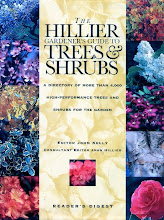

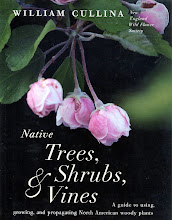






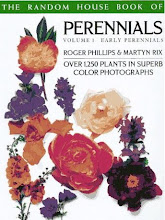
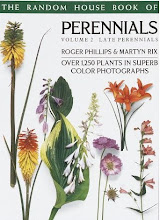

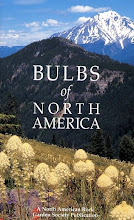






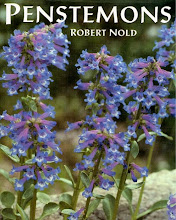

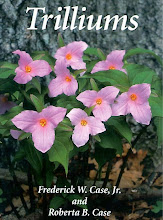


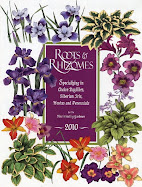
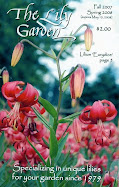

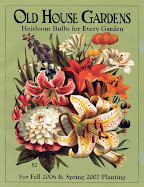

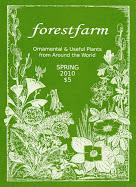


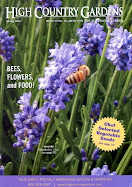

No comments:
Post a Comment